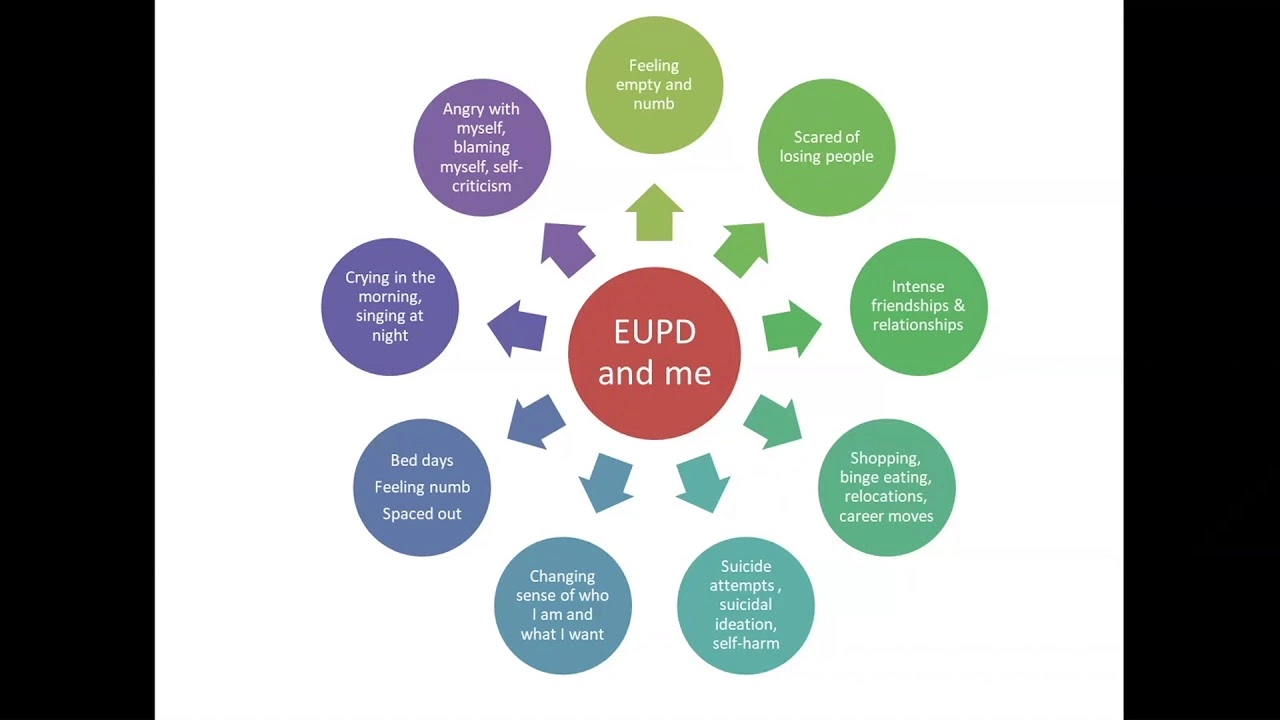Symptoms: What They Mean and How to Use Them
If you ever wonder whether a headache is just stress or something more serious, you’re not alone. Symptoms are the body’s way of sending alerts, and paying attention can save time, money, and worry. On MenMD.com we collect clear, practical info about each sign so you know what to do next.
First off, a symptom isn’t a diagnosis; it’s a clue. A fever might point to an infection, while shortness of breath could hint at heart or lung issues. The key is to notice patterns—does the cough worsen at night? Does fatigue stick around even after a good night's sleep?
Common Symptoms Men Should Watch
Men often ignore subtle changes because they think “it’s nothing.” Here are a few red‑flag signs that deserve a second look:
- Chest pain or pressure – even mild discomfort can signal heart trouble.
- Persistent fatigue – could be anemia, thyroid problems, or sleep apnea.
- Unexplained weight loss – a warning sign for diabetes, cancer, or gastrointestinal disease.
- Changes in urination – frequent trips or difficulty starting may mean prostate issues.
- Mood swings or irritability – often linked to hormonal shifts or mental health concerns.
When you spot any of these, the next step is not panic but a quick check‑in with reliable info. That’s where our tag page comes in: each article under “symptoms” dives into why the sign appears, what conditions are common, and when to seek medical help.
How to Use Symptom Articles on MenMD.com
Our symptom library is organized like a toolbox. Click an article that matches your concern—say you read about “shortness of breath.” The post will break down possible causes, list simple home checks (like measuring heart rate), and suggest when a doctor’s visit is urgent.
We keep the language plain because you don’t need jargon to understand your health. Each piece also includes practical tips: how to track frequency, what over‑the‑counter options might ease discomfort, and which questions to ask your physician.
Because symptoms often overlap, you can explore related articles without leaving the page. For example, a post on “fatigue” will link to pieces about sleep apnea, anemia, and stress management, helping you see the bigger picture.
Another handy feature is our symptom checklist download. It lets you jot down when a sign started, how long it lasts, and any triggers you notice. Bringing this list to your appointment makes the conversation smoother and more productive.
Remember, online info isn’t a substitute for professional care, but it can guide you toward the right questions and actions. Use our articles as a first step, then follow up with a healthcare provider if anything feels off.
Finally, stay updated. Symptoms can evolve, and new research shows up regularly. Our tag page refreshes weekly, so you’ll always have fresh guidance without hunting through unrelated content.
Bottom line: noticing symptoms early, understanding what they might mean, and getting clear, practical advice can keep you ahead of health issues. Browse the “symptoms” tag on MenMD.com, pick a topic that matches what you’re feeling, and take charge of your wellbeing today.
Understanding Cabergoline Withdrawal: Symptoms and Coping Strategies
In my latest blog post, I delve into the complexities of cabergoline withdrawal, a process often experienced by individuals who stop this dopamine receptor agonist medication. I further explain the various symptoms associated with this withdrawal, which can range from nausea to psychosis. I also share valuable coping strategies to handle these symptoms, such as seeking medical advice and practicing mindfulness. Keeping yourself informed and prepared can ease the process significantly. Remember, it's important to consult with a healthcare professional before making any changes to your medication regimen.
© 2026. All rights reserved.

